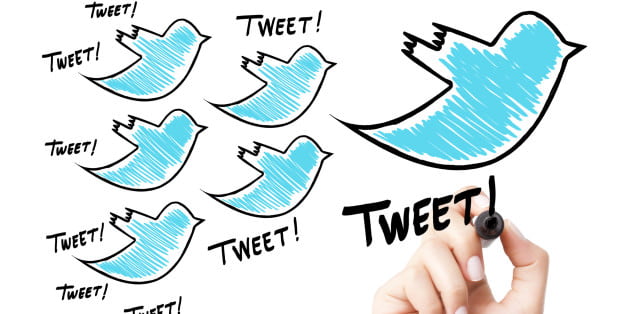The general perception that social media activism is inconsequential and cannot transcend the identity of armchair activism is an argument often heard as people have tried to delegitimise the discourse initiated by the marginalised. For a long while now, critics have been using terms such as “slacktivism” and “clicktivism” to mention a few terms.
In other words, they did not think social media activism translated into ground activism. They were questioning social media’s legitimacy to create awareness and have real consequences, despite the fact that more than half of social media users go online to get their news.
While questioning the discourse of social media, some critics (and some trolls) often question victims/survivors on not approaching the proper institutions for redressal, not taking into account how institutions most often fail in providing redressal, while indulging in systemic discrimination because of deeply embedded patriarchy, as can be understood in filmmaker Farooqui’s case.
To assume they did not seek institutional redressal is a sentiment that generally comes from a place of internalised misogyny. The systemic failure of handling the overwhelming ubiquity of sexual assault, both in terms of expectation and suffering, renders one to find a safe space to initiate this discourse which institutions to some extent discourage.
Also Read: To The Bhadralok Academia, With Love
The number of #MeToo posts were overwhelming and there is a difference in understanding what sexual assault means among the sexes and the kind of violence men perpetuate. While having the privilege to not acknowledge it due to institutional bias raises some serious questions on what is a safe space to have gender discourse, while keeping self preservation intact. Social media is a space where men’s homo-social bond which is complicit in the ubiquity of sexual assault can be questioned, and one must not be shamed for sitting behind a keyboard because they care about their self preservation.
People tend to indulge in the assumption that people are not really invested in the causes they back and social media isn’t a genuine representation of what person is due to social desirability bias. When someone assumes that the person’s relationship with the cause of the article is over just after the person signs a petition or shares the Facebook article, and disengages as quickly from it as that, that is in a matter of few seconds we are automatically assuming the person is not bearing the consequences of the systemic problem they got behind.
For a person who is not privileged they do not get to disengage from the problem just as quickly as in a matter of a click. To assume their activism isn’t real when they try to reach out on social media and calling it slacktivism trivialises their call for help.
The cliched argument that social media is not the real world doesn’t hold validity where the world is getting increasingly digitalised. To use that argument is to ask someone to disengage from progress and advancement, and figuratively denying them that. The discomfort instigated by the discourse on the ubiquity of sexual assault comes from the reluctance of not wanting to empathise with women as people with agency.
Relations between a man and a woman tend to be subject – object in their nature, the discourse of social media activism is subject – subject, making it a more reliable space to call for solidarity than an institution embedded with outdated beliefs. In other words, the system largely caters to men and their homo-social discourse tends to stifle the narrative of sexual assault and perpetuates rape culture instead of indulging in its redressal.
Social media is a space where men’s homo-social bond which is complicit in the ubiquity of sexual assault can be questioned.
Recently, Raya Sarkar’s list of “naming and shaming” approximately 70 college professors have been doing the rounds on social media. The list spurred a debate on what is an appropriate form of activism and critics actively trying to delegitimise social media activism. One thing common in this nature of criticism was this – they did not think social media activism translated into ground activism.
We also do not take into account how ground activism is much larger in scope because of social media and how convenient it is to instigate international solidarity. Whether its Women’s March or Gay Pride parades, or performance poetry. The #IWillGoOut campaign was solely organised online with help of WhatsApp groups and Facebook events.
The Ice-Bucket Challenge helped in raising millions for A.L.S which has significantly accelerated the research process for the same. Humans of New York helped raise millions for several causes through Facebook users. Piano Man Jazz Club recently had to cancel an event when a band of upper caste men refused to change their casteist band name ‘Bhangee Jumping’, which led to outrage on social media. These account for real life consequences.
A lot of speculation also comes from the discomfort of digitisation of activism. What needs to be taken into account is despite the change in the face of activism, people who instigate the discourse are still human beings and the nature of discourse, whether on ground or on a digital medium, happens to be the same as before. Changing the face of activism doesn’t equate changing ideals.
To discredit social media activism is a knee-jerk reaction to change the narrative around the topic, and to regain control over the victims’ speech and articulation. The narrative around social media activism needs to be changed so that the discourse of those who are from vulnerable groups can gain more legitimacy.
Also Read: On The Calculated Risks Of Naming And Shaming
Featured Image Credit: Huffington Post
